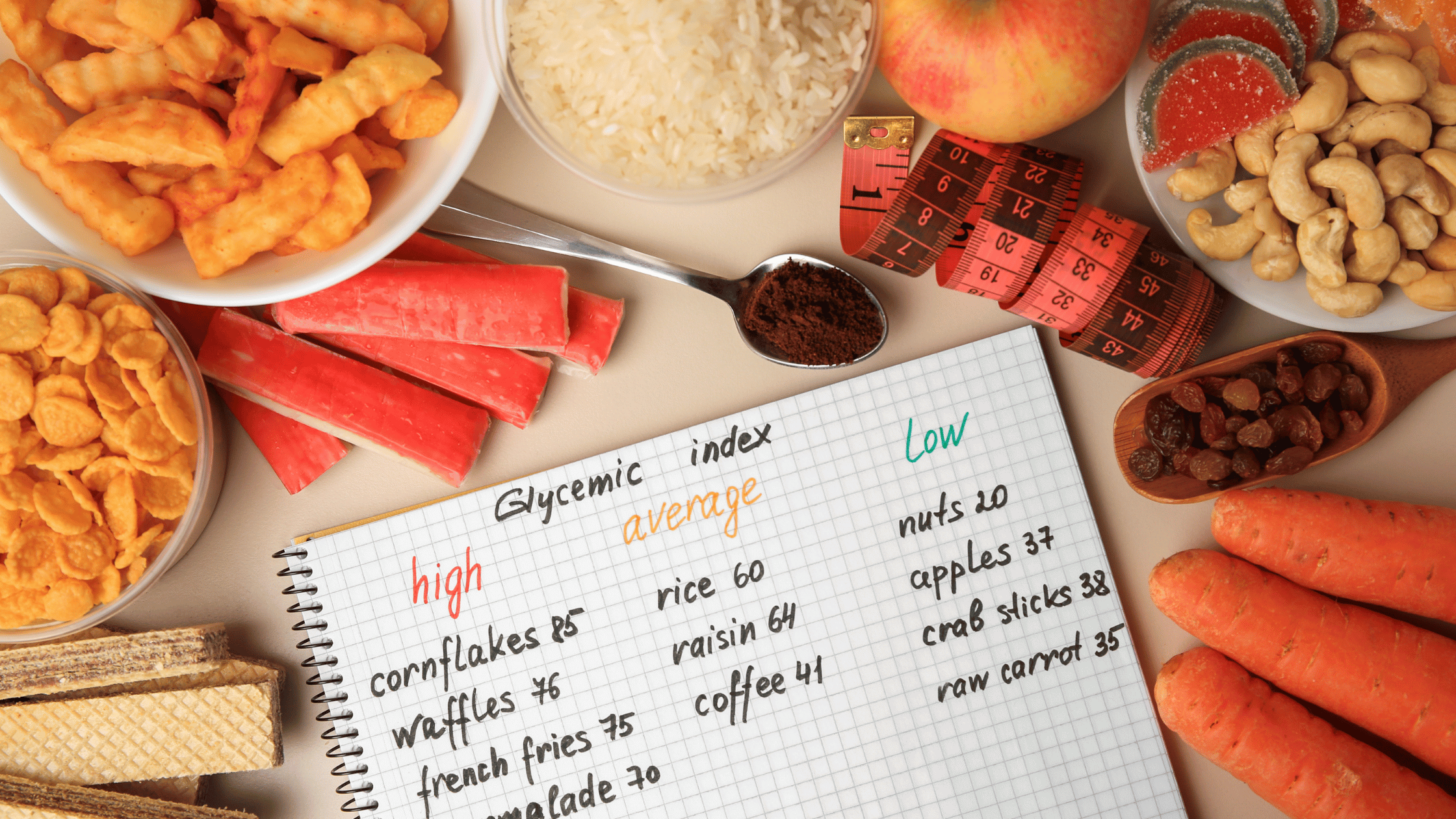Gut Microbiome: The Battle of the Sexes

The trillions of microorganisms that inhabit your gut, collectively known as the gut microbiome, can be different depending on your sex assigned at birth. Who has a better gut microbiome? Men or Women? As we unfold the mysteries of the gut microbiome, we have to understand the physiological differences between men & women, which can have an impact on the gut microbiome.
Let's look at what plays a role in this:
- Hormones - The Players in the Game
One of the major factors that impact the gut microbiome in men and women is hormones. Hormones like oestrogen and testosterone play a significant role in the development and maintenance of the gut microbiome. Oestrogen, for example, can increase the abundance of certain bacteria in the gut, while testosterone has been linked to increased levels of harmful bacteria.
- Diet - The Fuel for the Battle
Another factor that can influence the gut microbiome is diet. Men and women often have different dietary habits, which can lead to differences in the gut microbiome. For example, men tend to consume more red meat and alcohol, which can increase the abundance of certain bacteria that are associated with inflammation and disease.
On the other hand, women tend to consume more fibre-rich foods, such as fruits and vegetables, which can promote the growth of beneficial bacteria associated with a healthy gut.
- Immune System - The Defence Mechanism
Another interesting difference between men and women regarding the gut microbiome is the immune system. Women have been shown to have stronger immune responses to gut bacteria than men, which may be due to differences in sex hormones.
For example, a study found that women have higher levels of specific immune cells, such as T cells and B cells, in their gut, which can help to protect against harmful bacteria and promote the growth of beneficial bacteria.
- Disease - The Outcome of the Battle
Finally, the gut microbiome can also be influenced by disease risk factors, which can differ between men and women. For example, autoimmune diseases, such as rheumatoid arthritis and lupus, are more common in women than men and are associated with changes in the gut microbiome.
In one study, researchers found that women with autoimmune diseases had lower levels of certain beneficial bacteria in their gut, which may contribute to the development of these conditions.
The Winner Is...
So, who has the better gut microbiome - men or women? Well, the answer is not that simple. While there are certainly differences between the gut microbiomes of men and women, it's important to remember that everyone's gut microbiome is unique, and influenced by various factors.
That being said, it's clear that maintaining a healthy gut microbiome is important for both men and women. Eating a balanced diet rich in fibre, minimising the intake of harmful substances like alcohol and processed foods, and taking steps to reduce stress and maintain a healthy weight can all help to promote a healthy gut microbiome, regardless of gender.
In conclusion, the battle of the sexes may rage on, but when it comes to the gut microbiome, it is important to remember that we're all in this together!

The Gene Box











.png)



















































